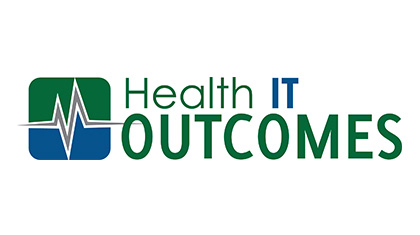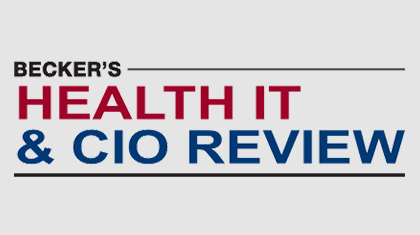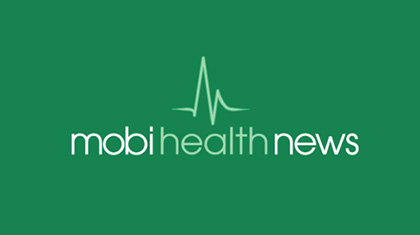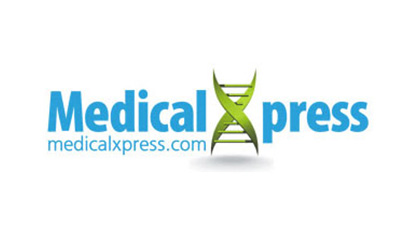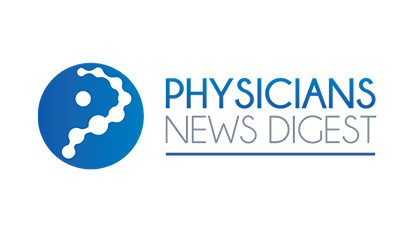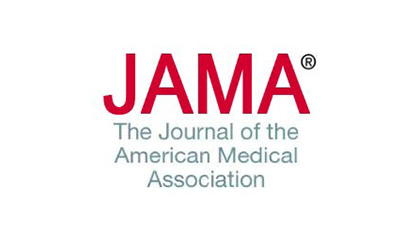The Open Notes initiative which allows patients to access their doctors’ notes in the EHR has the potential to increase safety and care quality. According to a recent study conducted by researchers from Beth Israel Deaconess Medical Center (BIDMC), access to the Open Notes program helps patients engage and increases their safety. “What we heard…
Sigall Bell
Becker’s Health IT and CIO review: 7 things to know about BIDMC’s OpenNotes program
Approximately five years ago, clinicians at Boston-based Beth Israel Deaconess Medical Center started OpenNotes, an initiative that provides patients access to clinicians’ notes in an effort to accelerate transparency, as well as improve patient safety. The researchers recently released key findings from the pilot program, which largely demonstrated the benefits of giving patients access to…
Connecting Patients and Clinicians: The Anticipated Effects of Open Notes on Patient Safety and Quality of Care
The OpenNotes movement began in 2010 with the goal of fostering patient engagement in care and enhancing communication among patients, families, and clinicians. In a demonstration and evaluation study, 1 105 primary care physicians in three cities collectively invited 20,000 of their patients to read their visit notes through a secure electronic portal. After the first year, patients reported many benefits, including feeling more in control of their health, being more prepared for visits, and taking their medications with greater adherence. Physicians saw benefits with little burden, and none chose to stop participating when the pilot ended. Today, the OpenNotes movement has grown from 20,000 patients to about 5 million patients at multiple health care institutions nationwide.
The Boston Globe: It’s best to get a doctor’s note
Virtually all patients have the legal right to read a doctor’s notes after an appointment, yet few do so. Advocates argue that if patients reviewed such notes, they would be better informed and more involved in their health care. But some doctors worry that the practice would disrupt their workflow and potentially scare patients. Now,…
MobiHealthNews: With 5 years of data, BIDMC finds OpenNotes helps doctors catch errors
Beth Israel Deaconess Medical Center in Boston now has five years of data on what happens when patients have access to their doctor’s notes. And from that data, it appears that not only is the arrangement beneficial to patients, but also to doctors — and to the accuracy and quality of the notes. Researchers at the hospital,…
MedicalXPress: Researchers examine the impact of OpenNotes on patient safety
Researchers from Beth Israel Deaconess Medical Center (BIDMC) are homing in on the potential benefits of allowing patients access to the notes their clinicians write after a visit. An article published in the August edition of The Joint Commission Journal on Quality and Patient Safety suggests that this kind of patient engagement has the power…
Patient Access to Online Visit Notes: Perceptions of Doctors and Patients at an Urban HIV/AIDS Clinic
Patients living with HIV/AIDS face large societal and medical challenges. Inviting patients to read their doctors’ visit notes via secure electronic portals may empower patients and improve health. We investigated whether utilization and perceptions about access to doctors’ notes differed among doctors and patients in an HIV/AIDS clinic versus primary care setting. We analyzed pre- and 1-year postintervention data from 99 doctors and 3819 patients. HIV clinic patients did not report differences in perceived risks and benefits compared to primary care clinic patients, however, they were more likely to share notes with friends (33% versus 9%, P = .002), other health professionals (24% versus 8%, P = .03), or another doctor (38% versus 9%, P < .0001). HIV clinic doctors were less likely than primary care doctors to change the level of candor in visit notes (P < .04). Our findings suggest that HIV clinic patients and doctors are ready to share visit notes online.
Physicians News: Should Doctors Tell Parents When They’ve Made Medical Mistake?
When a medical error leads to patient harm, it’s hard to argue that no one is more upset than the patient’s family. However, it’s often overlooked that the doctors or nurses who caused that error also may be devastated. “One of the most difficult experiences for any doctor or nurse is when they realize that…
The “Open Letter”: Radiologists’ Reports in the Era of Patient Web Portals
Historically, radiologists’ official written reports have functionally been proprietary communications between radiologists and referring providers. Although never secret, these reports have traditionally been archived in the medical record, with tightly controlled access. Patients rarely viewed reports directly. As patient-centered care, transparent communication, and electronic archiving have converged, however, radiologists’ reports, like many other medical record components, are increasingly accessible to patients via web-based “portals.” Many radiologists harbor justified anxiety about whether and how radiology reports should change in response to these portals.
Making Mental Health Notes Available to Patients
BIDMC launches pilot, advocates for openness Writing for “A Piece of My Mind,” appearing April 2 in the Journal of the American Medical Association (JAMA), lead author and Beth Israel Deaconess Medical Center psychiatrist, Michael Kahn, MD, urges mental health clinicians to begin sharing the visit notes they write with their patients. “Nationally, the momentum…
